fter teaching their kids to read and write, parents often turn to music lessons such as the piano, yet the success rate isn’t as high as it could be. There are newer, proven methods for helping your kids to understand music long before their fingers are ready to produce songs.
Way before a child reads or writes, or even speaks in recognizable language, parents teach them little parts of language, or baby talk. Babies naturally know how to mimic their parents, and there’s this beautiful dance of sounds that goes on between babies and their grown-ups. If you’ve ever been around babies, you know what I mean.
ooOOOooo! aaaAAAaah! Buh-buh-buh-buh-buh! Thl-thl-thl-thl (is that how you spell a raspberry?) Parents in all cultures do this, and it works! They speak in higher tones, they use very short words and phrases, they repeat over and over. Babies urge their parents on by looking interested, eventually making delighted little noises, cooing, giggling, and, in a year or two, starting to talk back. Experts call this language “parentese.”
You can tell it works, because most kids actually learn to talk this way. After that, they learn how to read and write. There’s an order to how things go with teaching babies and toddlers how to talk, but for some reason, the same ideas haven’t been applied to teaching your baby to be musical until now!

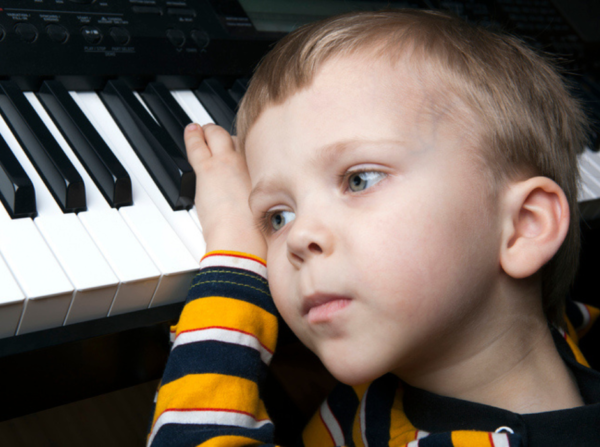
Traditional piano education has been going on for hundreds of years. It’s like this: Wait until your child is 7, take them to a stuffy piano teacher who will assess whether your child is equipped with the correct genes and aptitude for music. If they are deemed worthy, they get to sit up straight, look at some sheet music, and start to memorize the letters on the staff, along with the corresponding keys on the piano. They are expected to place their hands in a particular way on the keys and start to press the correct keys using the correct fingers with the correct shape of hand, all while trying desperately to recognize a song, which they’ve probably never heard before.
I’m never surprised to hear a parent tell me “I had a few piano lessons when I was a child – I don’t remember any of it.” I hear it often, and it makes me sad.
It doesn’t have to be this way for your child. You can apply the same baby talk principles that have been used for eons to teach kids language, to teach your baby music notation, rhythm, how to recognize pitch, and how to press the keys to make loud and quiet sounds, so that music is their native tongue. It’s easier than you think, and SO MUCH FUN!
Check in next week for more on why Baby-Led Piano® students beg their parents to come back for more!

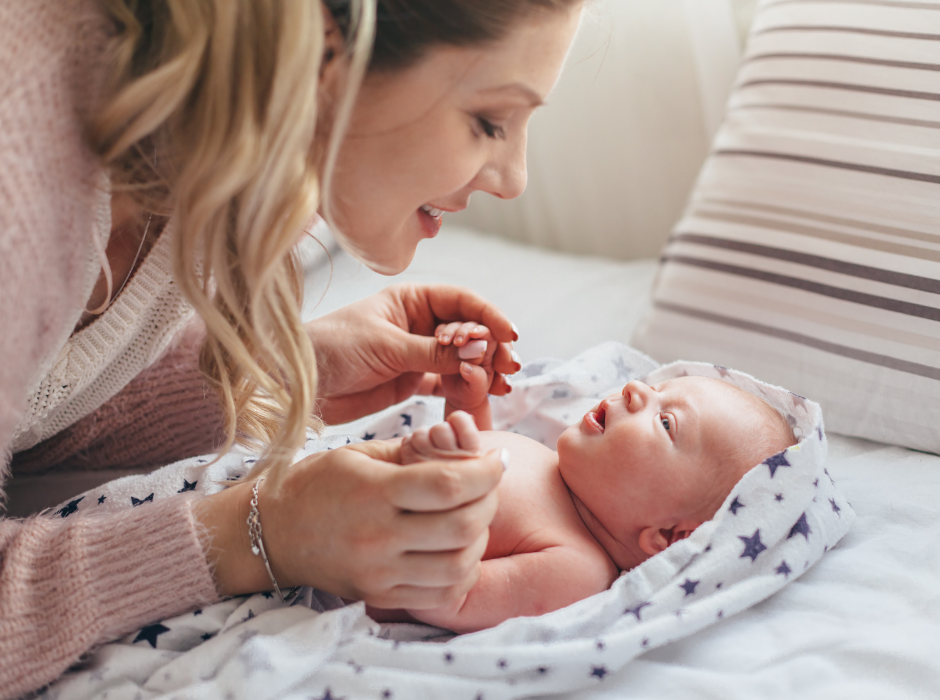

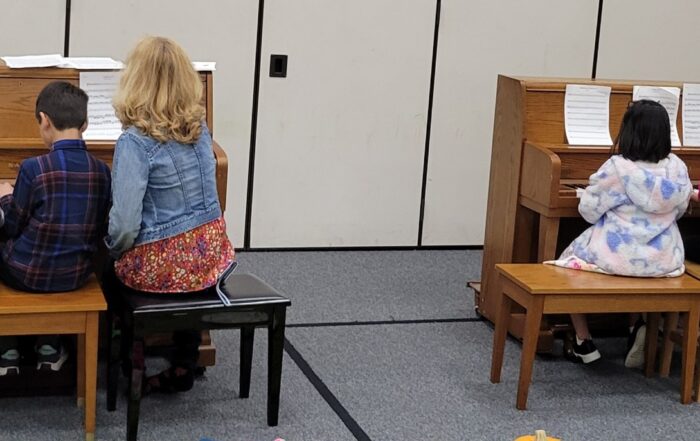
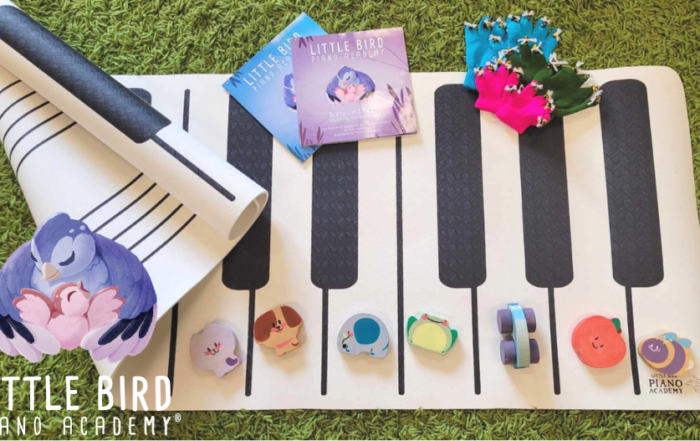
Leave A Comment